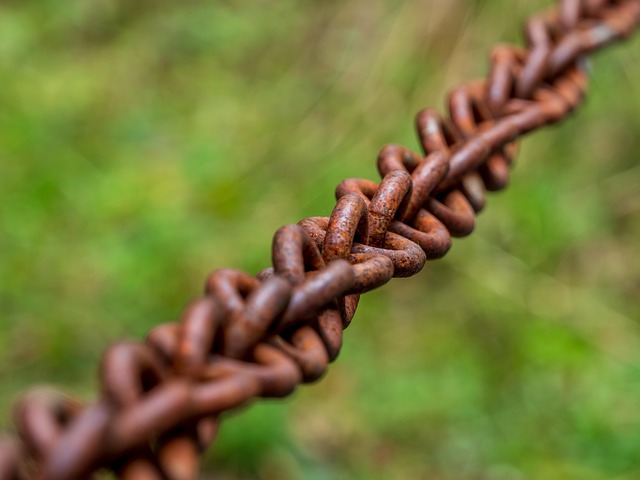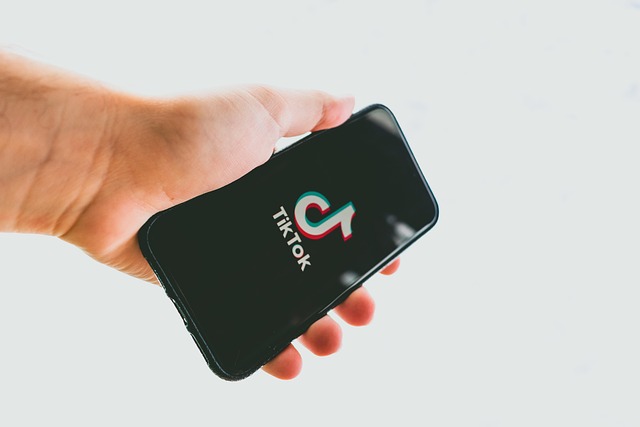In a world where notifications ping at the click of a screen, the idea of staying connected feels both essential and exhausting. The term Connection overload has emerged to describe the relentless flow of messages, updates, and digital interactions that inundate our daily lives. When we examine social media through this lens, a pattern becomes clear: the more we are prompted to link with others, the more our relationships can suffer from confusion, comparison, and emotional fatigue. This article explores how the constant stream of digital contact reshapes interpersonal bonds and offers practical ways to reclaim balance.
What Is Connection Overload?
Connection overload refers to a state in which individuals receive more communication signals—likes, comments, shares, direct messages, and algorithmic recommendations—than they can effectively process. The phenomenon is amplified by social media platforms that reward constant engagement with notifications that surface instantly, no matter where the user is. Over time, the brain begins to treat every ping as a priority, shifting focus from deeper, meaningful interactions to a shallow, fragmented dialogue.
- High frequency of notifications reduces the ability to concentrate on real-time conversations.
- Continuous comparison to curated online personas fuels feelings of inadequacy.
- Digital “followers” and “friends” blur the lines between personal and public communication.
The Psychological Toll on Relationships
When we constantly scroll through others’ highlight reels, our own relationships can be left in the shadows. Psychological research shows that Connection overload can lead to:
“A heightened sense of social comparison and a decline in self‑esteem, which in turn can erode the quality of real-world interactions.” – Journal of Social Media Studies, 2023
This effect is particularly pronounced in romantic partnerships, where partners may feel pressured to present a more vibrant online presence than their offline reality. Friends may unknowingly use social media as a battleground for attention, while family dynamics can shift toward digital mediation rather than face‑to‑face dialogue.
Key Areas Where Connection Overload Shows Its Hand
The impact of constant digital contact is not uniform; it manifests differently across various relational contexts. Below are the primary areas where connection overload disrupts healthy bonds.
- Romantic Relationships
Partners may feel judged by their online activity, leading to misunderstandings and insecurity. The temptation to showcase a “perfect” life can make genuine moments feel less valuable.
- Friendships
Friendship circles often experience jealousy when certain members receive more likes or comments, fostering competition instead of cooperation.
- Family Connections
Family members may replace in‑person visits with group chats, which can diminish the emotional depth of those interactions.
- Professional Networks
Work relationships can blur when colleagues connect on multiple platforms, creating pressure to be “available” outside of business hours.
Signs Your Relationships Are Affected
Recognizing the subtle cues that connection overload is eroding your relationships can help you take corrective action early.
- Frequent “I wish you were here” comments posted in reaction to a friend’s online vacation photo.
- Feeling drained after scrolling through a group chat, unable to focus on a single conversation.
- Neglecting to plan in‑person meetups because of a flood of new friend requests.
- Constant comparison to others’ curated moments, leading to lowered self‑confidence.
Strategies to Counteract Connection Overload
While social media platforms design algorithms to keep us hooked, we can exercise agency to mitigate the negative impacts on our relationships.
- Set Clear Boundaries
Decide which notifications are essential and disable the rest. Use “Do Not Disturb” modes during family dinners or date nights to maintain focus.
- Curate Your Feed
Unfollow or mute accounts that trigger comparison or negative emotions. Follow accounts that promote authenticity and positivity.
- Schedule Digital Detox Periods
Allocate specific times of the week for offline activities—walks, board games, or cooking—where no devices are allowed.
- Prioritize Quality Over Quantity
Instead of replying to every comment, choose a few meaningful messages to respond to. This reinforces deeper connections.
- Communicate Openly
Discuss with partners or friends how digital interactions affect you. Agree on shared guidelines for online presence.
Practical Daily Habits
Incorporating small habits into everyday life can significantly reduce the overwhelm from constant digital contact.
- Check notifications only at set times: morning, lunch break, and evening.
- Use a physical journal to note significant personal moments instead of posting them online immediately.
- Employ the “five‑second rule” before posting: if it would take more than five seconds to think about it, pause and reflect.
- Share one genuine experience per day with close contacts, encouraging a culture of authenticity.
Future Outlook: Navigating a Hyperconnected World
As social media evolves, the risk of connection overload will only grow unless deliberate steps are taken by users, platform designers, and policymakers. Emerging trends such as algorithmic transparency, user‑controlled data, and ethical design are beginning to address these concerns.
In the near future, we can anticipate:
- Platforms incorporating “attention budgeting” features that limit the number of interactions a user can engage in per day.
- Greater emphasis on privacy and mental‑health metrics, enabling users to track how digital engagement affects their wellbeing.
- Educational initiatives that teach digital literacy and healthy communication habits from a young age.
Ultimately, balancing connection with presence will become a defining skill of the digital era. By recognizing the signs of connection overload and adopting thoughtful strategies, individuals can protect the integrity of their relationships while still benefiting from the connective power of social media.
Conclusion
Connection overload is not an inevitable byproduct of digital life; it is a choice shaped by how we curate our online interactions. By setting boundaries, curating feeds, and prioritizing authentic communication, we can reclaim the depth and authenticity that real relationships demand. As the landscape of social media continues to shift, staying mindful of our digital consumption will be key to preserving the quality of our interpersonal connections.




